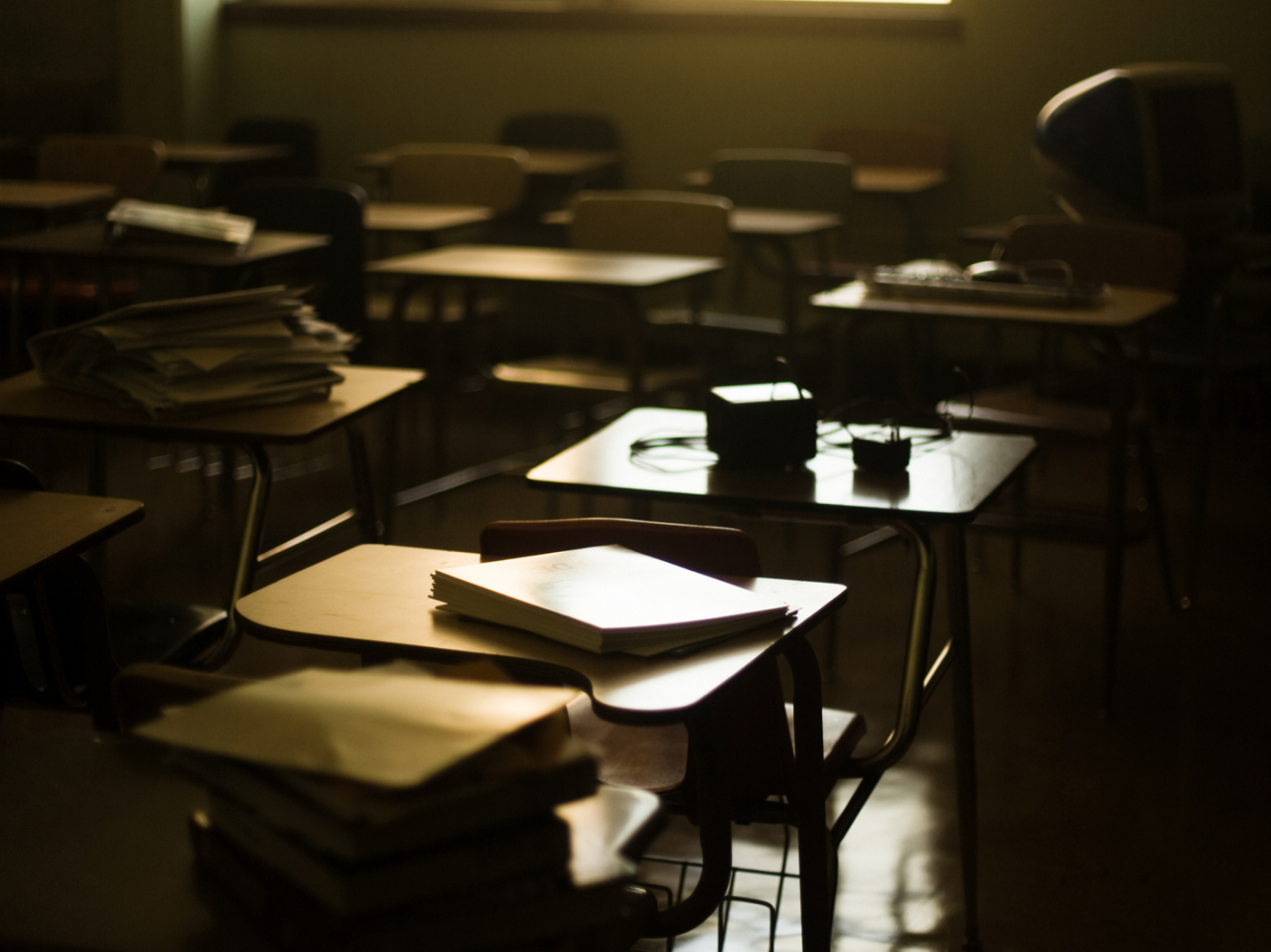 |
(Gettyimagesbank) |
Last month, a female elementary school teacher was attacked by a male sixth grader in her classroom, sustaining injuries that required three weeks of treatment at a hospital. The teacher was also diagnosed with post-traumatic stress disorder.
In addition to transferring the boy to another school -- the heaviest possible punishment for elementary school students -- her school requested that the Seoul Metropolitan Office of Education press charges against him.
An official from the Korean Federation of Teachers Unions stated that the teacher is receiving no help except from the union and her lawyer, urging the Education Ministry and the Education Office “to actively engage in addressing such cases and supporting the teacher.”
The case raised alarms about the increasing incidence of abuse and harassment of teachers, which has become a growing problem in South Korea.
Sixth grade teachers who wished to be identified only by their surnames Kim and Lee say teachers are often left demoralized after dealing with students and parents who have little or no respect for them.
Lee, an elementary school teacher of nine years in Siheung, Gyeonggi Province, told The Korea Herald that at least one out of ten students behaves in a defiant or disrespectful manner, adding that their parents also tend to "complain a lot about us.”
Kim, an elementary school teacher in his 30s, also stressed the need for a legal framework for the protection of teachers.
“Apart from calling the police, there is no way to protect ourselves from unfair requests and abuse from parents and children,” he said.
Teachers' vulnerability to abuse from both students and parents has been among the top reasons that have led many teachers to rethink their choice of profession.
In a survey of 11,377 school teachers conducted by the KFTU, nearly 90 percent of respondents said they have considered resigning or changing jobs within the past year. Sixty-eight percent of the respondents said they were dissatisfied with their current teaching jobs.
Ninety-seven percent of the respondents said they don't want to be homeroom teachers. Thirty-three percent of them said it was because they felt extreme pressure from parents' complaints, while 32 percent feared being falsely accused of child abuse and school violence.
The suicide of an early-career elementary school teacher in her school classroom in Seoul’s Seocho-gu on Tuesday also renewed concerns over teachers' rights and mental health issues.
It remains to be confirmed what led her to take her own life, but a Seoul teachers' union alleged that she had been harassed by a parent when she was handling a school bullying case.
According to data released by the Ministry of Education, the number of cases involving parents and students attacking teachers reached 361 in 2022, significantly higher than the 113 cases reported in 2020 and 172 cases in 2018.
The KFTU survey also showed that approximately 27 percent of respondents have sought psychological therapy and counseling over the past five years.
In addition to the abuse, potential educators are also discouraged by the nation's declining school-age population and a prolonged waiting period for those who pass the teaching exam before they are assigned to schools. Teachers in Seoul face the longest wait of approximately 15 months for their first assignments after they pass the state-administered exams to be teachers.
In April, the Ministry of Education unveiled a plan to curtail the recruitment of public school teachers, forecasting a 27 percent cut for elementary school positions and 28.5 percent for middle school positions by the year 2027.
The driving force behind this decision was the nation's alarming decline in fertility rate, which hit a new low at 0.78 in 2022. Statistics Korea projected a 13 percent reduction in the number of public elementary and middle school students, equating to 580,000 fewer students by 2027 compared to current figures.
This has not only caused concerns over highly competitive recruitment exam ratios, but also over the increasing number of undergraduates dropping out of their education programs at university.
According to the Ministry of Education's data, enrollment at 11 universities of education declined by 19.7 percent in 2022, from 18,789 to 15,091, compared to a decade ago. Additionally, there has been a fivefold surge in dropouts at the Seoul National University of Education, rising from 10 to 51 within four years.
In regards to people leaving the teaching profession, Lee said, “I also remain open to other job opportunities amid the recent trend of teachers leaving the teaching community,” alluding to the bleak future of the teaching profession.
Kim agrees with Lee that hard times lie ahead for school teachers if no changes are to be made to foster positive teaching environments.







![[Today’s K-pop] Blackpink’s Jennie, Lisa invited to Coachella as solo acts](http://res.heraldm.com/phpwas/restmb_idxmake.php?idx=644&simg=/content/image/2024/11/21/20241121050099_0.jpg)